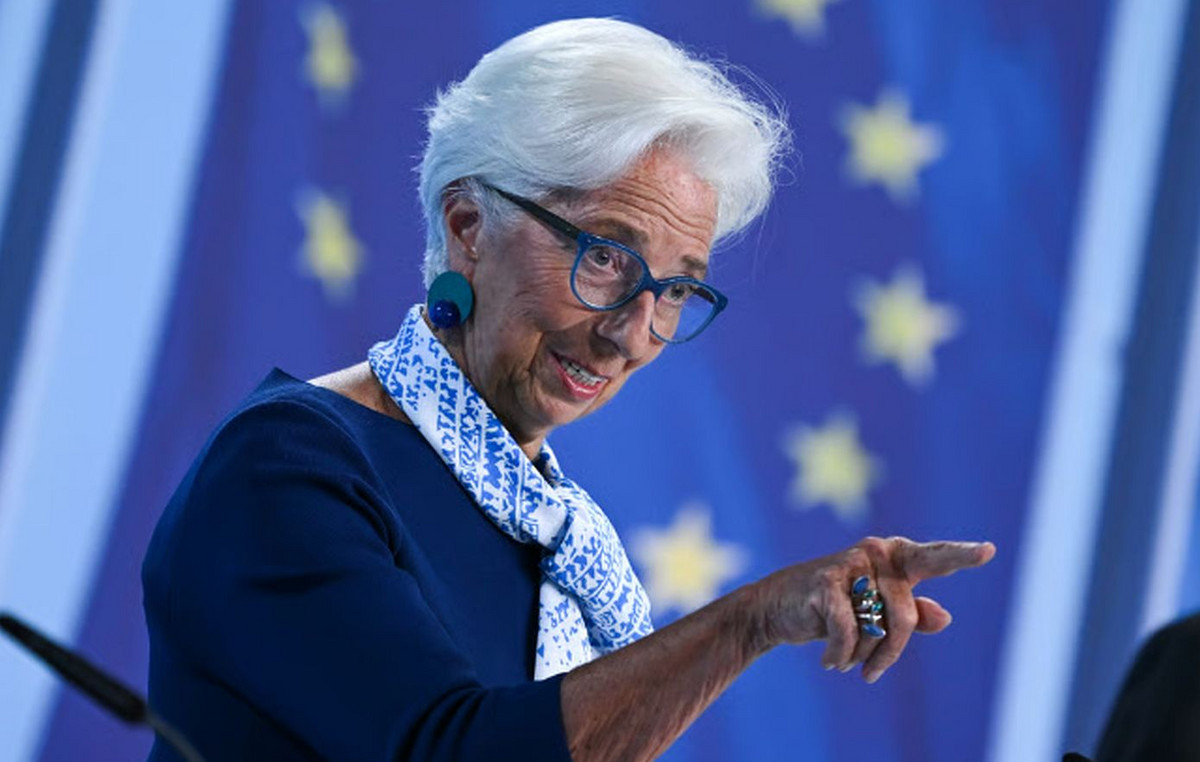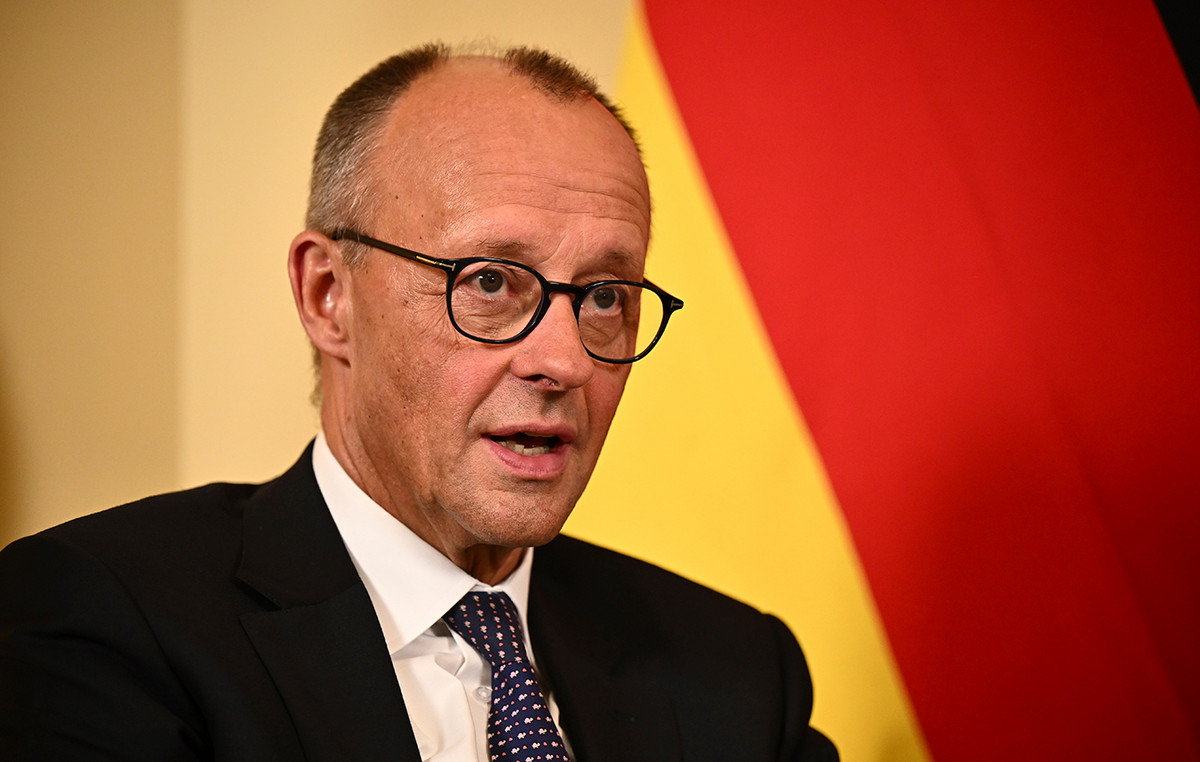The Austrian government said this Friday (13) that it is offering Syrian refugees a “return bonus” of 1,000 euros to return to their country of origin after the fall of Bashar al-Assad.
Chancellor Karl Nehammer reacted quickly to Assad’s fall on Sunday (8), saying on the same day that the security situation in Syria should be reassessed to allow deportations of refugees.
Deporting people against their will is not possible until it becomes clearer which direction Syria is heading. For now, Austria’s government has said it will focus on voluntary deportations.
It has also stopped processing Syrians’ asylum applications, as have more than a dozen European countries.
Like many conservatives in Europe, Nehammer is under pressure from the far right, with the two groups often appearing to try to outdo each other on immigration policies.
Syrians are the largest group of asylum seekers in Austria, a member state of the European Union.
“Austria will support Syrians who want to return to their home country with a return bonus of 1,000 euros. The country now needs its citizens to be rebuilt”, highlighted Nehammer in a post on X.
However, as national carrier Austrian Airlines has suspended flights to the Middle East due to the security situation, the Austrian bonus may not even fully cover the trip.
A one-way economy class ticket in a month to Beirut, a common departure point for those heading overland to Damascus, currently costs at least 1,066.10 euros on Turkish Airlines, according to the company’s website.
Understand the conflict in Syria
The Assad family regime was overthrown in Syria on December 8, after 50 years in power, when rebel groups took over the capital Damascus.
President Bashar al-Assad has fled the country and is in Moscow after gaining asylum, according to a source in Russia.
Syria’s civil war began during the Arab Spring in 2011, when the regime of Bashar al-Assad suppressed a pro-democracy uprising.
The country was plunged into full-scale conflict when a rebel force was formed, known as the Free Syrian Army, to fight government troops.
Furthermore, the Islamic State, a terrorist group, also managed to gain a foothold in the country and came to control 70% of Syrian territory.
Fighting escalated as other regional actors and world powers — from Saudi Arabia, Iran, the United States to Russia — joined in, escalating the country’s war into what some observers described as a “proxy war.”
Russia has allied with Bashar al-Assad’s government to combat the Islamic State and rebels, while the United States has led an international coalition to repel the terrorist group.
After a ceasefire agreement in 2020, the conflict remained largely “dormant”, with minor clashes between the rebels and the Assad regime.
More than 300,000 civilians have been killed in more than a decade of war, according to the UN, and millions of people have been displaced across the region.
Who is the family of Bashar al-Assad, who ruled Syria for more than half a century
This content was originally published in Austria offers Syrian refugees a thousand euros to return home on the CNN Brasil website.
Source: CNN Brasil
Bruce Belcher is a seasoned author with over 5 years of experience in world news. He writes for online news websites and provides in-depth analysis on the world stock market. Bruce is known for his insightful perspectives and commitment to keeping the public informed.







